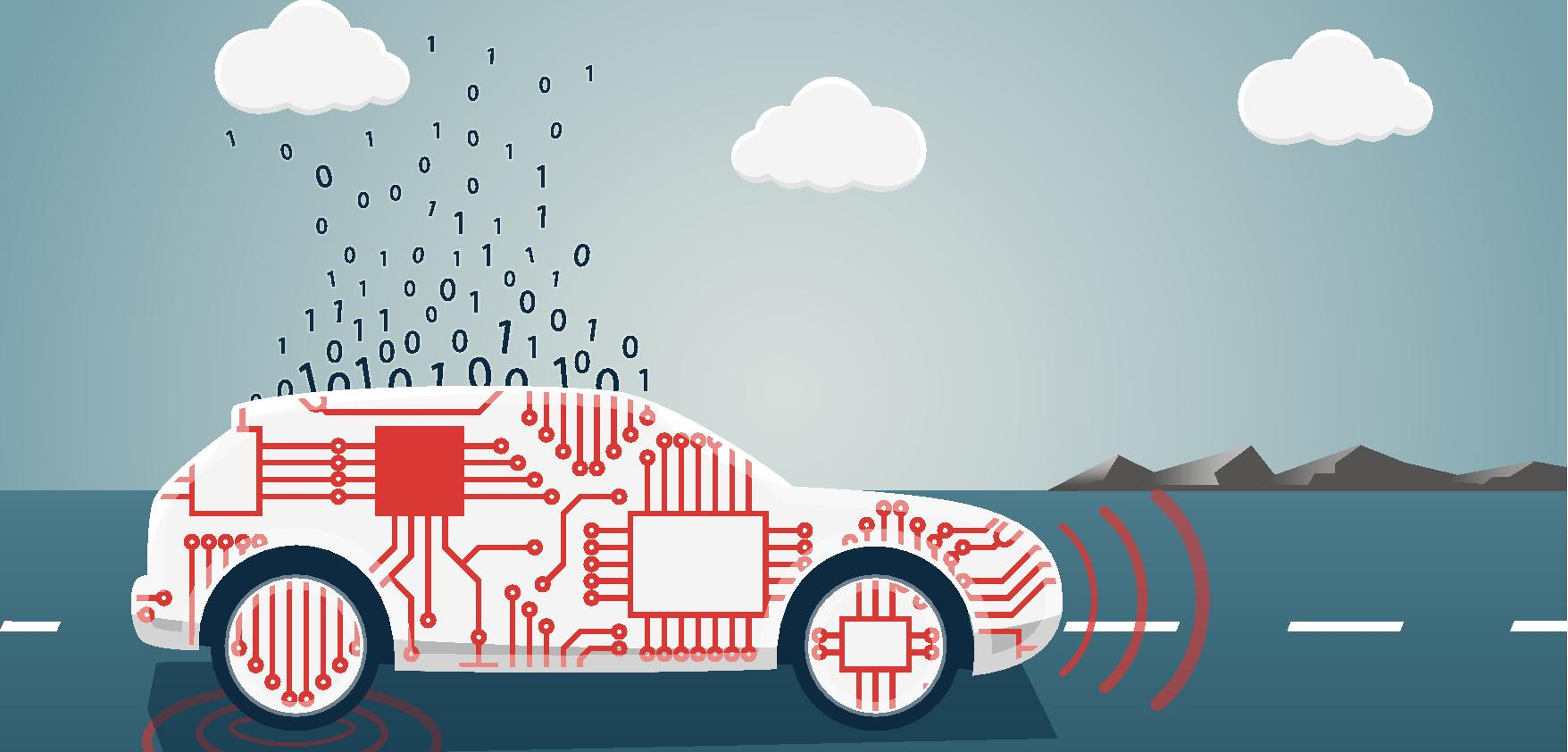Introduction
Several technology trends are driving a significant increase in the ability to generate and share a wide range of data associated with transportation. Parallel advances in sensors, communications, cloud and Big Data infrastructure, geophysical mapping, machine learning, mobile devices, user interfaces and related areas have created a rich foundation that can offer tremendous opportunity for creating value from transportation data.
This data has great potential for improving the passenger experience, with opportunities to offer enhanced information, entertainment, efficiency, maintenance, safety, and convenience. This potential is hindered presently from lack of interoperability. Transportation should be building a Web of Data to unleash this potential.
We see a future explosion of innovative services once such data is made available to the broader ecosystem, both commercial and public. Detailed data about vehicles and their environment is essential for transportation innovation, including such initiatives as:
- electric and autonomous vehicles
- multi-modal shared mobility
- data-driven insurance
- predictive maintenance
- fleet management
- location-based services
- IoT for Smart Cities
- ...
At the same time, organizations aiming to use this data for economic and social benefit are constrained by vendor-specific fragmentation in how this data is defined and exposed.
This fragmentation is a source of recurring pain within supplier and partner ecosystems. Moreover, the lack of common frameworks inhibits innovation and associated economic benefits that is apparent in other information-intensive markets.
We are organizing a W3C Workshop on Data Models for Transportation 12 and 13 September 2019 to be hosted by Uber. The objective of the workshop is to agree on the scope of a standards initiative. This effort could serve as the foundation for a new W3C standardization activity.
The workshop emphasis will be on identifying ontologies (data models) needed for the transportation sector ranging from data about vehicles, other modes of travel besides automobile, operators and passengers, with relevant security, privacy and accessibility considerations.
See this Workshop's Call for Participation for more details on the scope. Further background is given below.
Standardizing Vehicle Data for Greater Interoperability
Presently there is considerable fragmentation in how auto manufacturers handle and expose data and W3C has been focusing on standards to address that challenge and will be carrying that background experience forward into this workshop.
Vehicular data varies not only by manufacturer but also within models of a single manufacturer, each paradigm representing the wealth of available information in different ways, often conflicting or limiting. Existing APIs are vendor-specific and shared with selected partners, requiring customized integration not readily transferable to other vehicles.
W3C's Automotive Working Group (WG) has produced specifications to expose a means of accessing vehicle signals in a common data model (Vehicle Service Specification, VSS). Presently the Auto WG is finalizing the Vehicle Information Service Specification (VISS) and progressing on a next generation based on it and a RESTful approach from a submission by the Volkswagen Group (ViWi) which is already in production vehicles. VISS in nearly complete with implementations by at least: Mitsubishi Electric, ACCESS/KDDI, Renesas, Bosch, Volvo, JLR, Visteon, Samsung/OCF and possibly others.
The primary goal for the Working Group is to create a rich in-vehicle application ecosystem that can exist across manufacturers. This ecosystem will include various other domains besides signals such as media, tuner, content delivery network, notifications, navigation, etc. Signals however get the most attention given the wider interest from multiple auto industry and broader transportation related sectors.
In addition to being able to create applications with these standards interacting with the operator and passengers, there are multiple use cases that these specifications enable which require no human interaction, notably data sampling and edge computing. The potential uses are garnering considerable interest from OEMs, fleet managers, insurance regulators and companies, telematics service providers, regulators and others. As a result W3C's Automotive WebPlatform Business Group currently has a task force that has been pursuing the various data needs of in-vehicle applications, off-boarding challenges and identifying additional metadata that would increase the usefulness of the data in the cloud.
The initial topics the task force started with were the ontology work undertaken by a researcher at EURECOM in collaboration with BMW, capturing consent based on models being developed by Caruso and Fraunhofer, related policy language with researchers from the University of Passau and what we are terming data contracts based on direction from Geotab.
The ontology work (VSSo) is being applied to the underlying data model (VSS) used by VISS. The continuity of a shared data model for in-vehicle and on the cloud use is advantageous, providing developer familiarity whether they are accessing it in one, the other or both venues. The ontology work in turn is encouraging others to consider opening up additional ontologies for broader transportation data. What all these ontologies make possible is interacting and integrating this information in a number of manners such as SPARQL, GraphQL, W3C's Web of Things (WoT) to name a few and allow for engineers and AI to readily understand the data schema and be able to combine expansive, disparaging datasets.
Beyond Car Data
Data coming off the vehicle is but one, albeit significant, domain of information for the growing needs of a wider transportation ecosystem. While autos are a logical first step, we will want to consider approaches that don’t limit incorporation of other transportation modes that might be included in broader transportation planning and management.
The wealth of information available for other modes of transportation is similarly in need of common data models (ontologies) so they can be leveraged to enable innovation.
What is W3C?
W3C is a voluntary standards consortium that convenes companies and communities to help structure productive discussions around existing and emerging technologies, and offers a Royalty-Free patent framework for Web Recommendations. W3C develops work based on the priorities of our members and our community.
